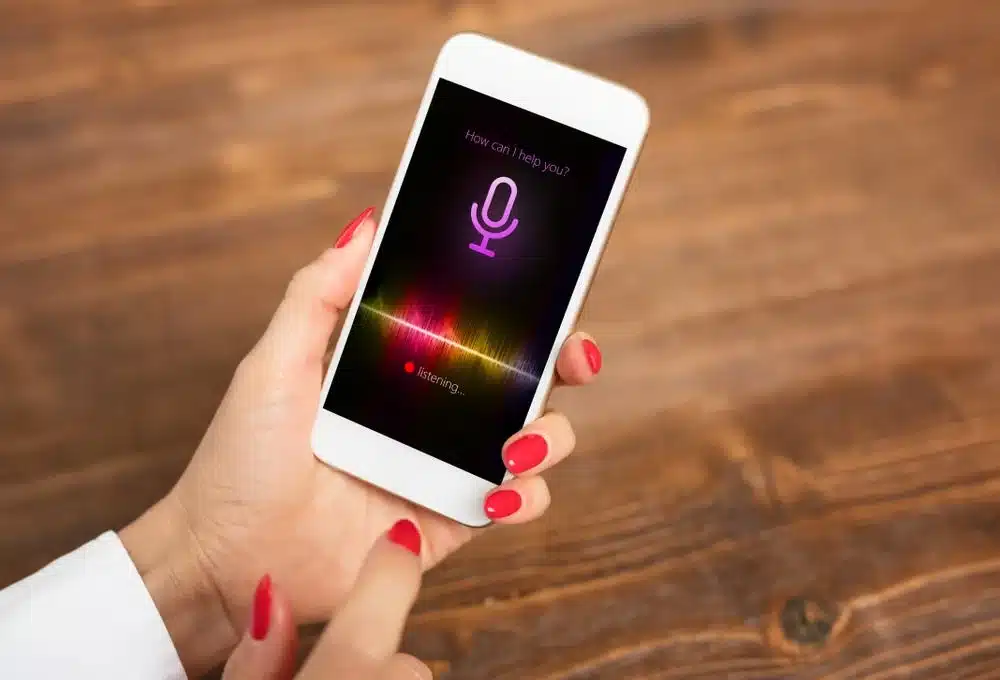Understanding Ultrasonic Cross-Device Tracking & Privacy

Ever wonder how that ad for the shoes you just discussed with a friend ended up on your phone? It might not be magic, but it is a sneaky advertising practice called ultrasonic cross-device tracking.
(Also read Sinéad O’Connor Estate Opposes Trump’s Nothing Compares 2 U.)
What is Ultrasonic Cross-Device Tracking?
This method uses inaudible sound waves beyond the range of human hearing to transmit data between devices. These “audio beacons” can be embedded in TV commercials or other media, and picked up by the microphone on your phone or other devices, even if you haven’t granted microphone access to any apps.
The collected data is then used to build a profile of your interests and habits, allowing advertisers to target you with eerily relevant ads across your various devices. While this might seem like something out of a sci-fi movie, it’s a growing concern in today’s data-driven world.
So, What Can You Do To Protect Yourself?
Minimising the effectiveness of ultrasonic tracking can be challenging, as it can only be stopped partially. However, you can take certain measures to achieve this goal.
- Limit Microphone Permissions: Go through your phone settings and restrict microphone access for apps that don’t explicitly need it. This reduces the number of apps that can potentially listen to these ultrasonic beacons.
- Use Privacy-Focused Browsers: Consider switching to browsers like Brave, Tor, or DuckDuckGo, which prioritise user privacy and limit data collection compared to traditional browsers.
- Consider a VPN: Advertisers and other entities can track your online activity. Your internet traffic is encrypted when you use a Virtual Private Network (VPN), which makes it more difficult for them to do so.
Is this legal?
The legality of ultrasonic tracking depends on whether you’ve consented to it. Often, we unknowingly grant permission by accepting the terms and conditions of apps or software updates. These agreements might allow data collection for features like voice assistants but can also be used for tracking purposes.
On the other hand, it is forbidden to listen to someone without their permission by using spyware or malware. It’s crucial to be cautious and review permissions before downloading apps and installing software, especially for those requesting microphone access.

Taking these steps, you can regain a sense of control over your privacy and make it harder for advertisers to exploit your conversations for targeted marketing. It’s essential to keep yourself informed and take proactive measures to safeguard yourself in today’s digital age.
LATEST NEWS
DISCOVER MORE






